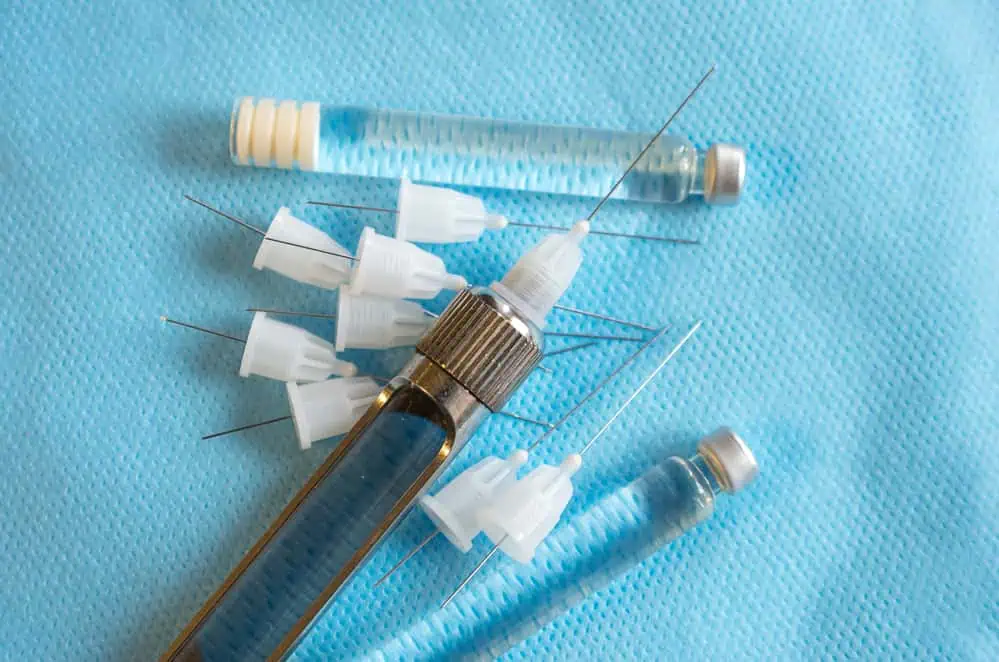
Numbing Secrets: How Dentists Keep Pain at Bay
Discover the dental anesthesia techniques dentists employ to ensure a pain-free procedure experience.
“A smile is a curve that sets everything straight”
Phyllis Diller
Stepping into Care Dental Camberwell, we pride ourselves on the exceptional level of care we deliver and the advanced dental services we offer. From teeth whitening and children’s dentistry to surgical implant placements, CEREC same-day crowns, cosmetic dentistry and more, we utilise our expertise to provide top-tier dental health solutions.
We stand out in the crowd of dental practices with our passion, proficiency, and professionalism. From the moment you enter our premises until you leave, we ensure you experience our dedication towards providing exceptional dental care.
We invest time to understand you, your lifestyle, and your habits. By choosing Care Dental Camberwell, you are choosing personalised care, professional expertise, and a clinic that genuinely cherishes the smiles of its patients.
We offer a complete range of dental services at Care Dental Camberwell, designed to meet all your oral health needs. Whether you’re dreaming of a dazzling smile makeover with our cosmetic dental services, veneers or want to prioritize preventative care with dental checkups and cleanings, our experienced Camberwell Dentists are here to help you achieve a healthy, confident smile.
At Care Dental Camberwell, our commitment to excellence is evident in our high standard of care. From Invisalign, crowns, and bridges, to laser dentistry and dental implants, we utilise advanced technology to offer you the best possible outcomes.
Prioritising your dental health, we lean towards non-invasive treatments whenever feasible. Our capacity to perform all types of dental procedures aims to assist you in achieving sustainable dental health and a radiant smile.
We envision a world where our patients not only boast beautiful smiles on the outside but are also brimming with inner confidence. At Care Dental Camberwell, we’re dedicated to turning that vision into reality.
Routine dental appointments form the bedrock of good oral hygiene, which is crucial in improving your overall health. At Care Dental Camberwell, we are your holistic dentist in this pursuit. After all, the journey to a healthy smile begins with your teeth!
Reasons to visit a dentist extend beyond just maintaining a healthy smile:

CBHS Health Fund
As a preferred provider, we ensure that CBHS members receive affordable, top-quality dental care.

Dental Practice Accredited
Our accreditation reflects our commitment to high-quality patient care and industry standards.

SuperCare
Our partnership with SuperCare facilitates financial ease for essential dental treatments.

Medicare (Child Dental Benefits Scheme)
We proudly support the Child Dental Benefits Scheme, providing eligible children with key dental services.

Discover the dental anesthesia techniques dentists employ to ensure a pain-free procedure experience.

Leverage this guide to uncover the ideal dental procedure for missing teeth, offering insights into transformative solutions that elevate your smile.

Get relief from dental cleaning pain with these easy tips. Learn how to soothe the sting with our guide!
Certain medical conditions can affect oral health. Some common ones include:
At Care Dental Camberwell, an initial comprehensive oral examination and consultation typically takes one hour.
Our friendly family dentists provide personalised attention and exceptional patient experience. We understand that everyone’s mouth is unique, and our experienced dentist at Camberwell provides the best possible dental checkups.
Patients with dental anxiety can rely on our team is dedicated to providing a calm and supportive environment to help ease their worries. Our friendly staff ensures all patients feel comfortable and at ease.
We emphasise prevention and offer personalised treatment plans to ensure our patients’ comfort. Our caring professionals take the time to discuss each individual’s treatment plan, focusing on comprehensive treatment planning.
With Care Dental Camberwell, you can trust that you will receive excellent care and attention.
Following a procedure, our team ensures you receive comprehensive follow-up care to promote optimal recovery and feel comfortable and at ease.
At Care Dental Camberwell, our dedicated health professionals provide a wide range of feasible treatments and extensive follow-up care to help you achieve a beautiful smile. We will also schedule a follow-up appointment to monitor your progress, ensure proper healing, and address any concerns you may have.
We strive to provide the best possible care and support to help you maintain your oral health and achieve your desired results.
We understand the importance of making informed decisions about your dental care. If you would like a second opinion on your treatment plan, we are more than happy to arrange a consultation with another dentist in our clinic. Our exceptional team of dentists has extensive experience with various procedures. Our friendly team is devoted to helping each patient achieve a bright smile.
Our team is dedicated to providing quality clinical life and exceptional patient care. We strive to ensure that all our patients feel informed and comfortable with the treatment plans.
Our Camberwell Dentists dedicate ourselves to providing our patients with the highest quality of care. You can expect to receive a comprehensive dental examination to assess your oral health needs during your first visit. Our friendly team will ensure you feel comfortable and confident in our care.
Here are some of the services you can expect during your first visit: